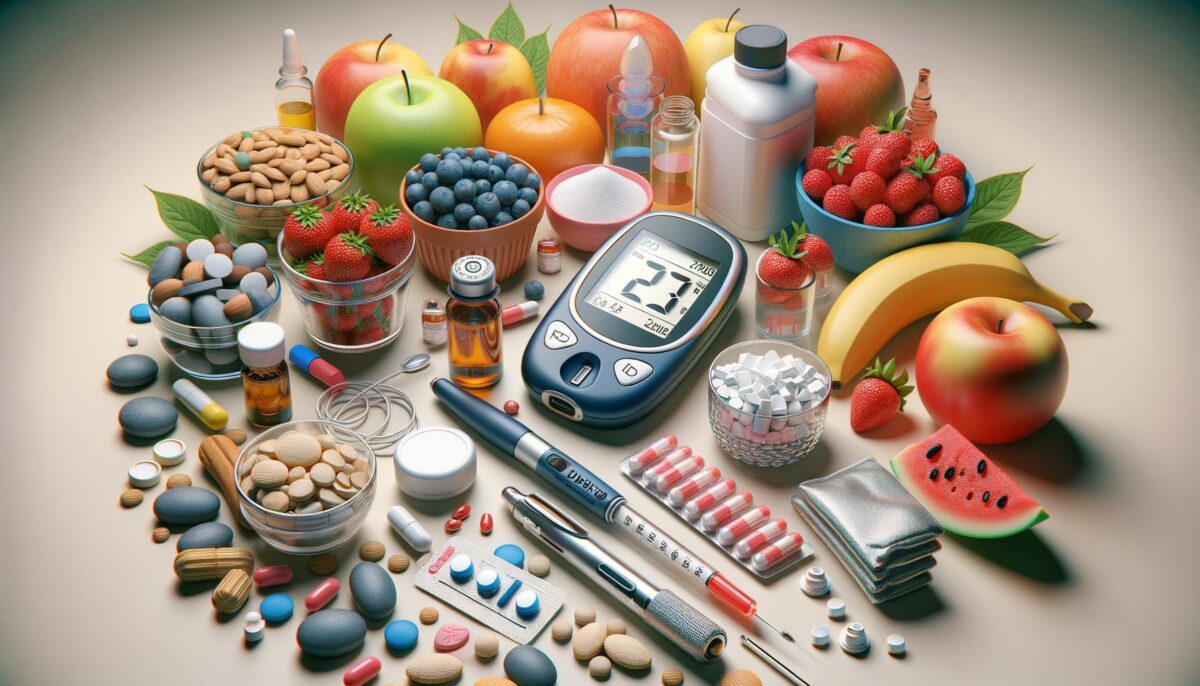Understanding the Symptoms of High Blood Sugar
Recognizing the symptoms of high blood sugar is an essential step in managing this condition effectively. Symptoms of high blood sugar can vary, but common signs include increased thirst, frequent urination, and fatigue. In some cases, individuals may also experience blurred vision or difficulty concentrating, which can significantly impact daily activities.
It’s important to understand these symptoms as early detection can lead to better management and control. Prolonged high blood sugar can lead to more severe health risks such as diabetic ketoacidosis or cardiovascular diseases, making awareness and prompt action vital.
Identifying the Signs of High Blood Sugar
The signs of high blood sugar often overlap with its symptoms but can be detected through routine health check-ups and monitoring. Blood glucose levels play a crucial role in identifying these signs. Regular monitoring through home tests can provide insights into how effectively your current regimen is managing your blood sugar.
Additionally, it’s helpful to keep an eye on physical signs like unexplained weight loss and increased hunger. Being proactive in noticing these signs can guide you in seeking medical advice sooner and implementing necessary changes.
How to Lower Blood Sugar Levels Naturally
Dietary changes are a cornerstone in lowering blood sugar levels. Incorporating foods that lower blood sugar like whole grains, leafy greens, and healthy fats can support your body’s natural insulin function. It’s essential to balance carbohydrates with fiber-rich foods to slow the absorption of sugar in the bloodstream.
Besides diet, staying physically active aids in lowering blood sugar levels. Regular exercise helps muscles use glucose effectively, contributing to overall blood glucose balance. These lifestyle modifications can offer meaningful benefits and are often recommended as part of a comprehensive high blood sugar treatment plan.
The Role of Medication in High Blood Sugar Treatment
For those unable to manage high blood sugar levels through lifestyle changes alone, medications can play a vital role. Various medications help lower blood sugar by either increasing insulin sensitivity or reducing glucose production in the liver. It’s crucial to follow a healthcare provider’s advice closely when using medication as part of your treatment plan.
Commonly prescribed medications include insulin therapy and oral hypoglycemics. Each comes with its own set of guidelines and potential side effects, emphasizing the need for personalized medical consults and regular monitoring.
Creating a Sustainable Plan for Monitoring and Lowering Blood Sugar
Monitoring your blood sugar levels is an ongoing process that requires both short-term and long-term planning. Utilizing technology such as continuous glucose monitors can offer real-time insights and make daily management easier. Having a comprehensive plan that includes regular check-ups, lifestyle adjustments, and possibly medication ensures effective high blood sugar treatment.
Support systems are equally vital. Engaging with healthcare professionals, nutritionists, and support groups can provide additional guidance and encouragement in your journey toward better health.
Conclusion: Navigating High Blood Sugar Management
Effectively managing high blood sugar involves a multifaceted approach that includes understanding the symptoms, making dietary and lifestyle changes, and using medication if needed. Early detection and proactive treatment are key in reducing the risk of long-term complications. By committing to monitoring and actively working with healthcare professionals, individuals can achieve healthier outcomes and improved quality of life.
